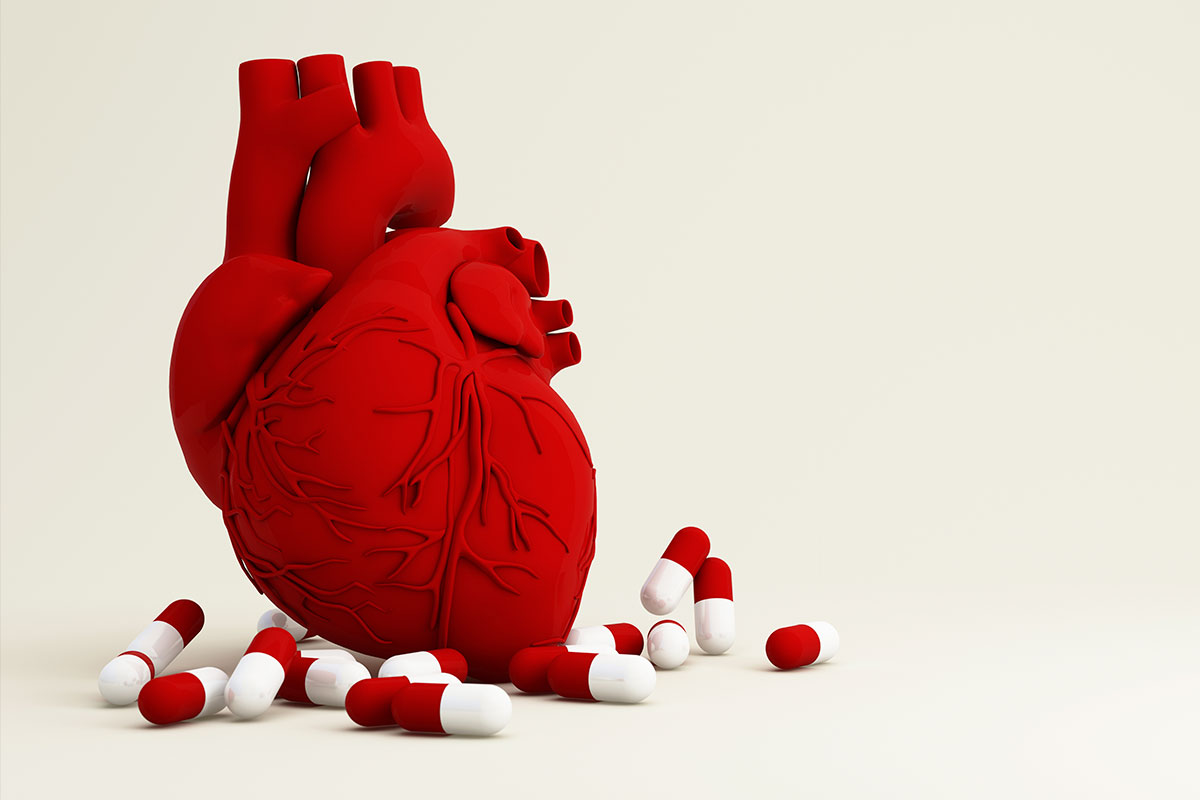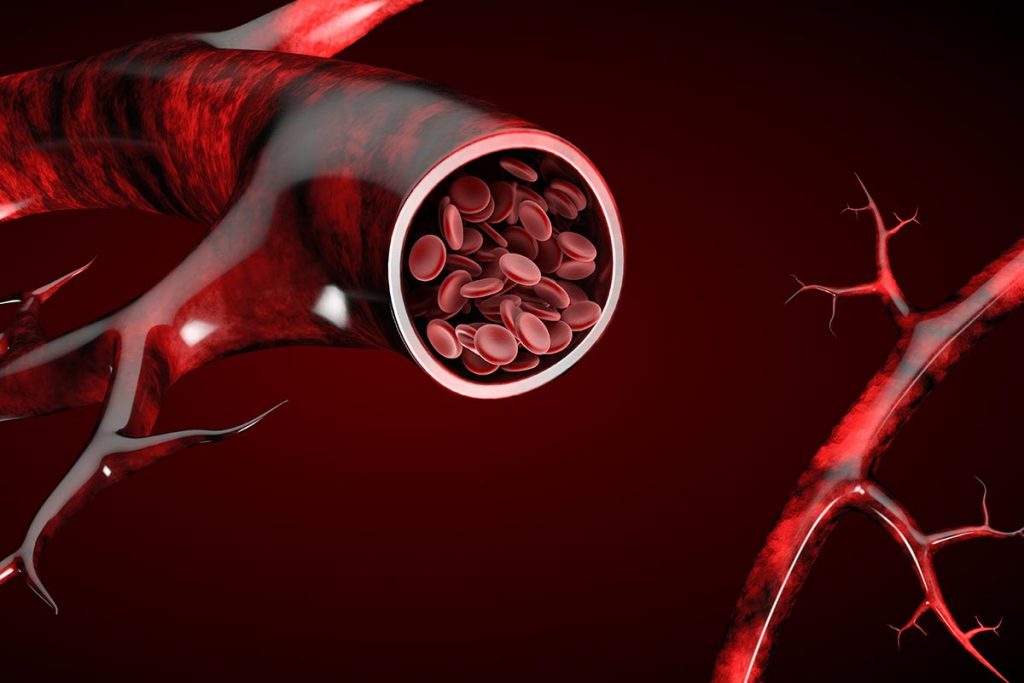Coronary Artery Disease Specialist in Michigan
Cardiovascular disease is one of the leading causes of mortality and morbidity in the United States, with coronary artery disease (CAD) being a significant contributor.
Fortunately, there are medical professionals who specialize in diagnosing and treating CAD, and they are essential in preventing and managing the condition. In Michigan, CardioQ – Heart & Wellness Center is one of the leading healthcare providers dedicated to improving the health of its patients by offering state-of-the-art medical treatments and interventions.
Within CardioQ, their Coronary Artery Disease Specialists are highly skilled and experienced in the diagnosis and treatment of CAD. These specialists work with patients to develop personalized treatment plans that are tailored to their specific needs, and they strive to help patients manage their condition effectively to improve their quality of life. With their expertise and commitment to excellence, CardioQ’s Coronary Artery Disease Specialists are among the best in Michigan, providing exceptional care to their patients.


Coronary Artery Disease or Coronary Atherosclerosis
Coronary Artery Disease (CAD) affects roughly 16.5 million Americans and is the leading cause of death among both men and women. Coronary Artery Disease Specialist in Michigan at CardioQ – Heart & Cardiovascular Wellness Center can help you in this.
Coronary Artery Disease (CAD) is the most common form of heart disease. It occurs when one or more of the coronary arteries becomes narrow or blocked. Normally, blood flows through blood vessels like water through a hose. In coronary artery disease, major blood vessels that supply blood, oxygen and nutrients to the heart become damaged or diseased . This damage causes the vessels to become narrow, stiff or blocked. The process is often called hardening of the arteries or atherosclerosis.
Coronary artery disease, or CAD, affects 18.2 million Americans age 20 and older and kills an estimated 365,914 people annually.
Often there are no symptoms, but if one or more of these arteries become severely narrowed, angina (chest pain) may develop during exercise, stress, or other times when the heart muscle is not getting enough blood. Coronary heart disease can weaken the heart muscle over time and contribute to heart failure and arrhythmias.
There is no substitute for medical care when considering a serious—even potentially fatal—condition such as coronary heart disease. The first thing to do if you notice any symptoms of a heart problem, including chest pain, is to see your doctor. Medical treatment may be required to prevent heart attack. However, your doctor may recommend nonmedical measures, such as:
- Exercise conditioning,
- Relaxation techniques such as yoga, and
- Aa low-fat diet.
These measures may help ease the symptoms of coronary heart disease, especially angina, and may help ease the effects of some risk factors.

Types of CAD
- Obstructive: Blood vessels have significantly narrowed or blocked.
- Non-obstructive: Blood vessels have narrowed because they have branched off to smaller vessels or is due to the heart muscle squeezing too tightly on the vessels.
- SCAD: Spontaneous coronary artery dissection (SCAD) refers to the tearing of blood vessels in the heart.
Symptoms of CAD
Early warning signs may include:
- Fatigue
- Pain
- Dizziness
They can also include the symptoms that are most associated with angina. A squeezing, suffocating or burning feeling in your chest that tends to start in the center of your chest but may move to your arm, neck, back, throat or jaw.
Common questions
The narrowing is due to a buildup of fatty plaque (atherosclerosis) along the artery walls. These deposits are composed mostly of cholesterol, other lipids, and fibrous tissue, such as collagen.
Coronary disease appears to be a lifelong process in some people, beginning at an early age and progressing slowly until the vessels become so occluded that the heart muscle no longer gets adequate nourishment.
The underlying cause is unknown, although it is seen most frequently in people who live in developed industrialized nations. Coronary Artery Disease Specialist in Michigan can help you at CardioQ – Heart & Wellness Center.
A coronary artery must be narrowed to less than 30% of its original size before there is a serious reduction in the blood flow to the heart muscle served by that vessel. Generally, about 5% of the total cardiac output of blood goes through the coronary arteries; thus there is adequate coronary blood flow to meet normal demands at rest even if the vessels are 70 to 90% occluded. If the coronary arteries are seriously blocked, however, blood flow may not be adequate for any increased demand, such as that of exercise or an emotional upset. If the heart muscle cannot get enough oxygen—a state known as myocardial ischemia—symptoms such as chest pain (angina) or shortness of breath may result.
A presumptive diagnosis of coronary disease is based on a review of symptoms, health history, an electrocardiogram, and an exercise stress test, perhaps with a thallium scan. A more definitive diagnosis requires cardiac catheterization and angiography.
During an exercise stress test, the patient is hooked up to an electrocardiographic monitor (an ECG or EKG machine) and then asked to walk on a treadmill, peddle a stationary bicycle, or climb steps. The ECG monitor will show whether the heart muscle is getting enough blood. An exercise test also detects silent ischemia, a condition with no symptoms in which heart muscle does not get enough blood.
If severe narrowing is suspected, a coronary angiogram may be needed. This examination entails threading a catheter through a blood vessel into the heart, and then injecting a dye into the coronary arteries to make them visible on x-rays.
Early intervention is essential for preventing a heart attack. Your cardiologist at CardioQ – Heart & Wellness Center provides the most up-to-date treatment to help with your coronary artery disease condition.
Lifestyle changes, such as exercising regularly, losing weight, and quitting smoking, are all important along your road to improving your arterial health.
Your cardiologist can also prescribe certain medications, including beta blockers or cholesterol-modifying drugs, to treat your coronary artery disease.
However, in more advanced cases, minimally invasive surgery may be necessary. For instance, if your doctor identifies a blockage during your cardiac catheterization, they can push a balloon through the catheter, which inflates your artery and immediately improves blood flow.
During this procedure, known as an angioplasty, your cardiologist may then insert a stent to keep your artery open.
Coronary artery bypass surgery may be necessary for blocked coronary arteries. With this procedure, your cardiologist can use a vessel from another part of your body to replace the damaged coronary artery in your heart. This type of open-heart surgery is almost always a last resort.
Coronary Artery Disease Specialist at CardioQ – Heart & Wellness Center can help you manage coronary artery disease to protect your heart health.
